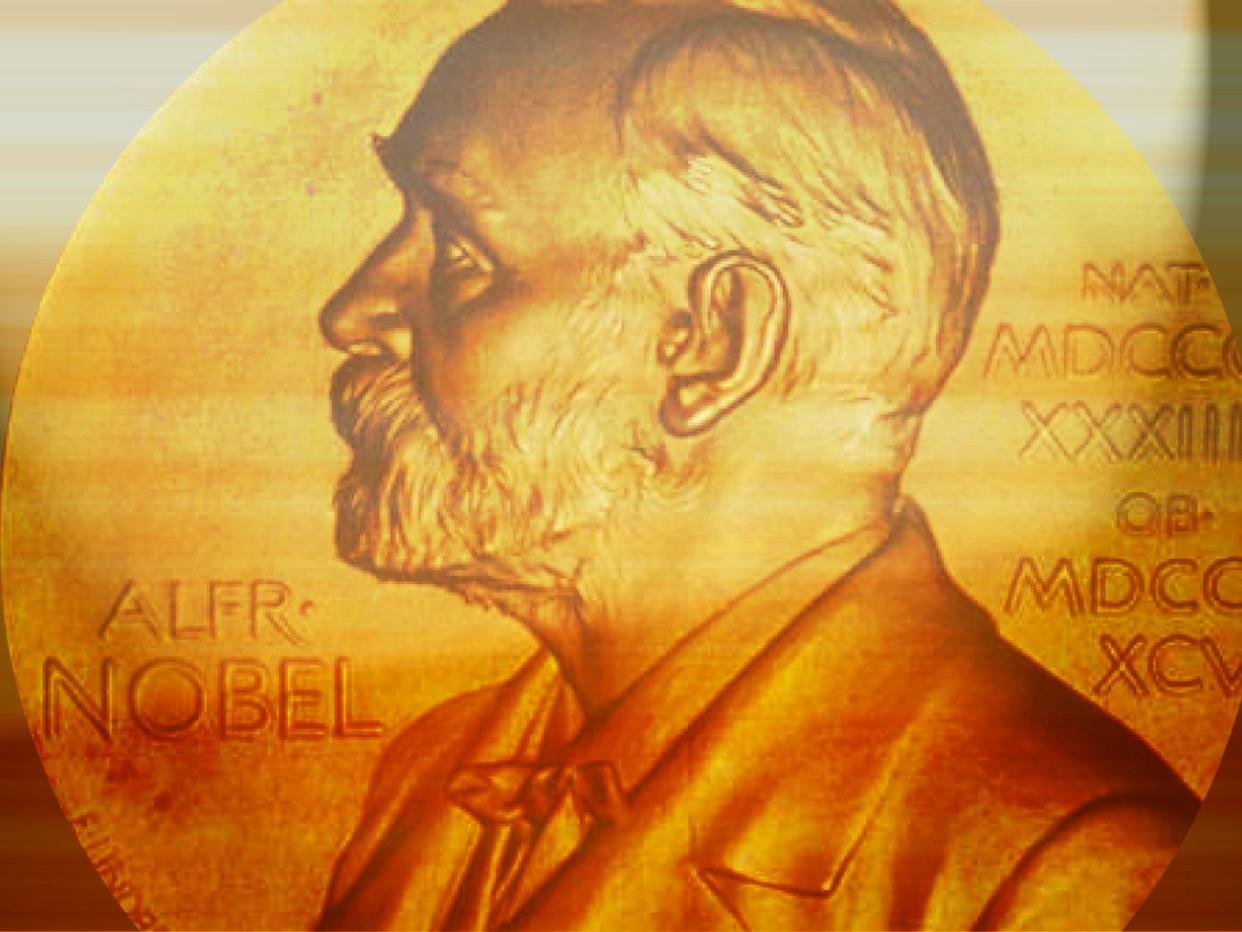Three researchers win economics Nobel prize for work on global poverty

Abhijit Banerjee, Esther Duflo, and Michael Kremer have won the Nobel prize in economic sciences “for their experimental approach to alleviating global poverty”.
The trio have collaborated on research for years in the fast-growing field of development economics together.
Awarding the prize, the last of 2019’s Nobels, the committee in Stockholm pointed to how their research divides the often gargantuan task of tackling poverty into “smaller, more manageable, questions” such as improving educational outcomes or child health.
“The research conducted by the 2019 Economic Sciences Laureates has considerably improved our ability to fight global poverty,” the Nobel prize committee said on Monday.
“In just two decades, their new experiment-based approach has transformed development economics, which is now a flourishing field of research.”
BREAKING NEWS:
The 2019 Sveriges Riksbank Prize in Economic Sciences in Memory of Alfred Nobel has been awarded to Abhijit Banerjee, Esther Duflo and Michael Kremer “for their experimental approach to alleviating global poverty.”#NobelPrize pic.twitter.com/SuJfPoRe2N— The Nobel Prize (@NobelPrize) October 14, 2019
Born in India, Banerjee, 58, is an American economist, while Duflo is a French-American economist. The husband and wife both serve as professors at Massachusetts Institute of Technology (MIT), where they co-founded the Abdul Latif Jameel Poverty Action Lab.
Duflo, who is married to Banerjee, becomes the second female winner of the prize 50 years after it was first awarded. At 46, she is also the youngest person ever to win the prize.
Kremer, 54, is an economist at Harvard, and has won several prizes, including the MacArthur Fellowship, for his work on developing economies.
The committee said their findings had “dramatically improved” the world’s ability to fight poverty.
“As a result of one of their studies, more than five million Indian children have benefitted from programmes of remedial tutoring in schools,” it said.
Duflo said on Monday that it was “incredibly humbling” to have been awarded the prize, and said that they did not expect to be in contention for the Nobel until they were older.
Noting that policymakers were too often prone to sweeping generalisations about poverty, Duflo said their approach was to “unpack the problems one by one, and examine them as scientifically as possible.”
Their main focus was to try and understand the “deep, interconnected roots of poverty”, she said.
Duflo was less ecstatic about the way the field of economics treats women, however.
“We are at a time when we are starting to realise in the profession that the way we conduct each other privately and publicly is not conducive all the time to a very good environment for women,” she said.
The three economists win a 9 million Swedish crown ($915,300) prize.
Known officially known as the Sveriges Riksbank Prize in Economic Sciences in Memory of Alfred Nobel, the ‘The economics Nobel’ was established in 1969 by the Swedish central bank. It is thus a later addition to the original five awards that were created in the will of industrialist and dynamite inventor Alfred Nobel.
In 2018, the Royal Swedish Academy of Sciences awarded the prize to two economists, William Nordhaus and Paul Romer, for integrating climate change and technological innovations into long-run macroeconomic analyses.


